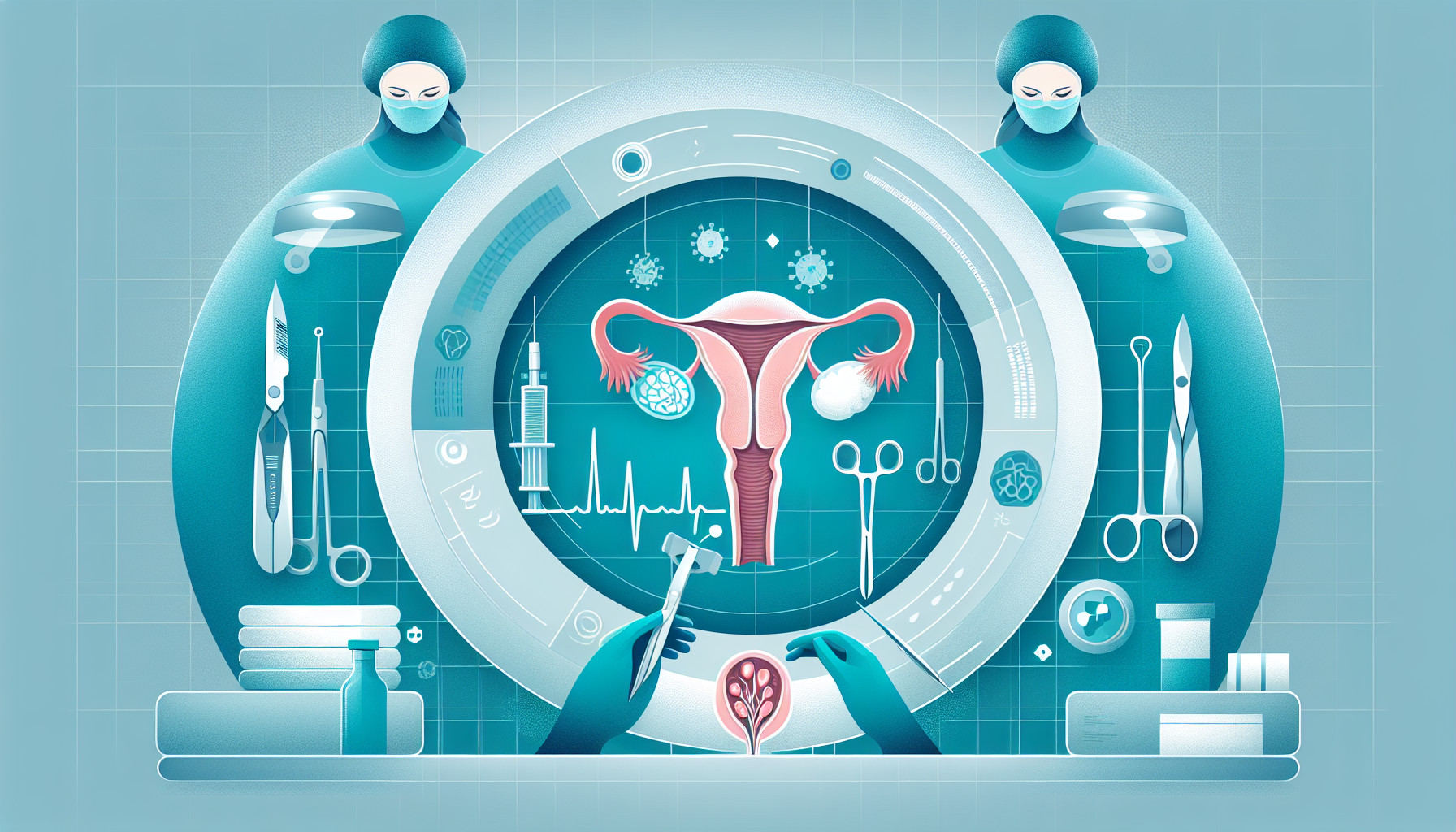Our Summary
This research paper looks into how the gut bacteria (microbiota) in women with a common hormonal disorder called Polycystic ovary syndrome (PCOS) are affected by the use of oral contraceptives. The researchers looked at multiple past studies on this topic and found that oral contraceptives don’t seem to significantly change the gut microbiota in women with PCOS, at least in the short term. However, they also noted that there aren’t many well-designed and consistent studies on this topic, suggesting that more research needs to be done.
FAQs
- Does the use of oral contraceptives affect the gut bacteria in women with Polycystic ovary syndrome (PCOS)?
- What are the findings of current research on the impact of oral contraceptives on the gut microbiota in women with PCOS?
- What is the need for further research on the impact of oral contraceptives on gut microbiota in women with PCOS?
Doctor’s Tip
One helpful tip a doctor might tell a patient about ovarian cyst removal is to follow post-operative care instructions carefully to ensure proper healing and minimize the risk of complications. This may include avoiding heavy lifting, staying hydrated, and taking prescribed pain medication as directed. Additionally, it is important to attend follow-up appointments with your healthcare provider to monitor recovery progress and address any concerns.
Suitable For
Patients who are typically recommended ovarian cyst removal include those who have:
- Large cysts that are causing symptoms such as pelvic pain, bloating, or pressure
- Cysts that are growing or changing in size
- Cysts that are causing complications such as twisting (torsion) or rupture
- Cysts that are suspected to be cancerous or have a high risk of becoming cancerous
- Cysts in postmenopausal women
- Cysts that are not resolving on their own or with conservative management
It is important for patients to consult with their healthcare provider to determine the best course of action for managing ovarian cysts based on their individual circumstances and symptoms.
Timeline
Before ovarian cyst removal:
- Patient may experience symptoms such as pelvic pain, bloating, and changes in menstrual periods.
- Patient may undergo various diagnostic tests such as ultrasound or MRI to confirm the presence of an ovarian cyst.
- Patient may be prescribed pain medication or hormonal therapy to manage symptoms.
- Patient may discuss treatment options with their healthcare provider, including the possibility of surgery to remove the cyst.
After ovarian cyst removal:
- Patient undergoes surgery to remove the ovarian cyst, which can be done laparoscopically or through an open procedure.
- Patient may experience some pain and discomfort after surgery, which can be managed with pain medication.
- Patient may need to take some time off work or limit physical activity during the recovery period.
- Follow-up appointments with the healthcare provider are scheduled to monitor the patient’s recovery and ensure there are no complications.
- Patient may experience improvements in symptoms such as pelvic pain and bloating after the cyst is removed.
- Patient may be advised to follow up with regular pelvic exams and ultrasounds to monitor for any new cysts or complications.
What to Ask Your Doctor
- What are the risks and benefits of removing an ovarian cyst?
- What are the different treatment options available for ovarian cysts?
- Will the removal of the ovarian cyst affect my fertility?
- How long is the recovery period after ovarian cyst removal?
- Are there any potential complications or side effects associated with the procedure?
- Will I need any follow-up appointments or tests after the cyst is removed?
- How will the removal of the ovarian cyst impact my hormonal balance and overall health?
- Are there any dietary or lifestyle changes I should make before or after the procedure?
- Are there any alternative treatments or therapies that may be beneficial in managing ovarian cysts?
- How can I prevent future ovarian cysts from developing?
Reference
Authors: Wydra J, Szlendak-Sauer K, Zgliczyńska M, Żeber-Lubecka N, Ciebiera M. Journal: Nutrients. 2024 Oct 4;16(19):3382. doi: 10.3390/nu16193382. PMID: 39408349
